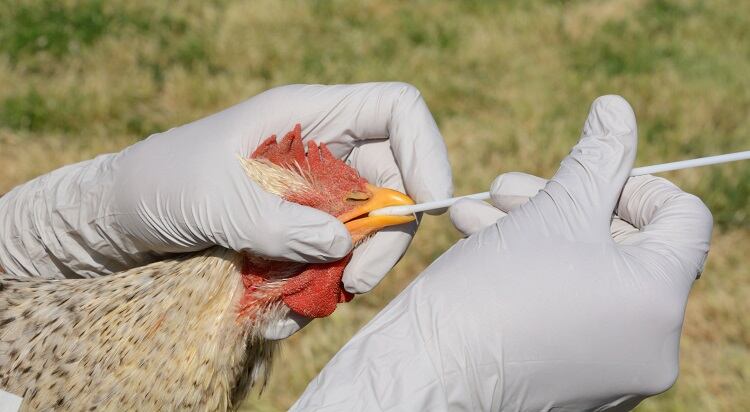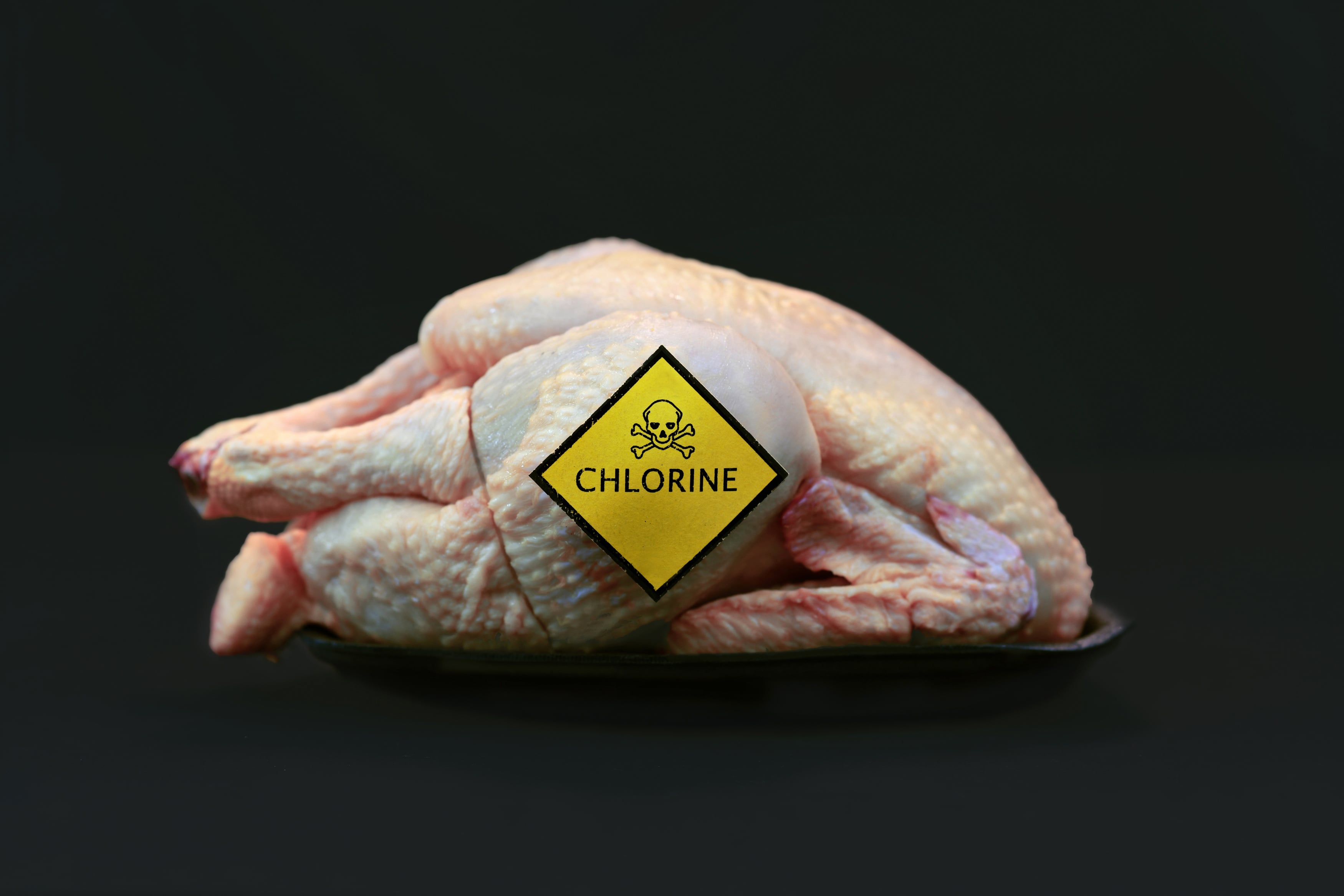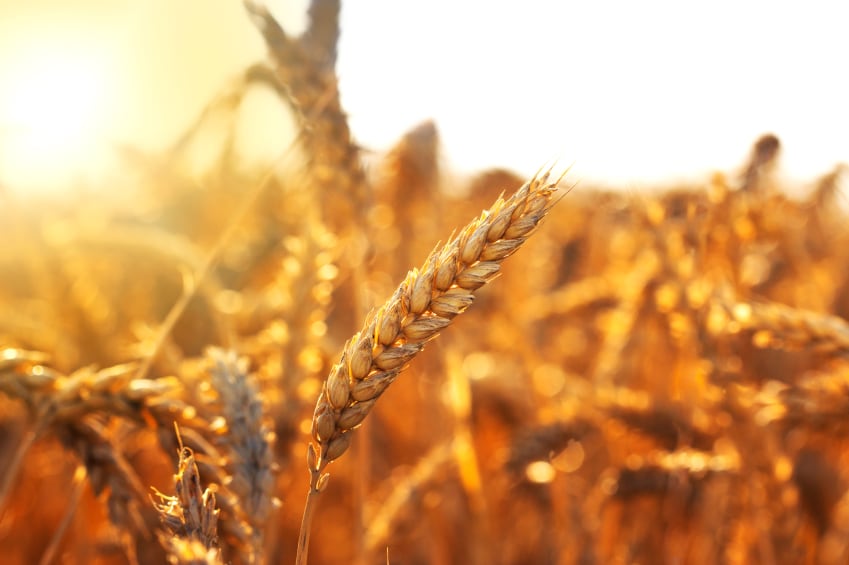A case of highly pathogenic avian influenza (HPAI), commonly referred to as bird flu, has been confirmed in a wild goose in German’s federal state of Brandenburg.
The influenza was caused by a virus of the H5N8 subtype. H5N8 has plagued the poultry industry since Ireland’s infamous outbreak in 1983, which was responsible for the culling of more than 300,000 birds.
Germany is one of the leading poultry meat and egg producers in Europe. According to 2018 figures, Germany is responsible for 10.4% of poultry meat production across the bloc, and the second leading supplier of eggs behind France.
Germany’s national scientific institution, however, says there is little concern that infected meat and poultry will transmit the virus to humans.
“So far, there is no evidence that humans can be infected by the consumption of raw eggs or raw sausages containing poultry meat from infected animals,” noted The German Federal Institute for Risk Assessment (BfR).
“According to the current state of scientific knowledge, it is unlikely that the pathogen can be transmitted to humans via food.”
The independent institution, which sits under the Federal Ministry of Food and Agriculture (BMEL) in Germany, added that in past cases, direct contact with infected live poultry was ‘almost exclusively’ responsible for the transmission of other avian influenza viruses from birds to humans.
New outbreaks in Germany and Ukraine
Since 1 January 2020, several HPAI cases have been confirmed across the bloc, including in the Czech Republic, Hungary, Poland, Romania, and Slovakia.
As recently as yesterday (10 February), Germany reported a new outbreak of HPAI virus H5N8 in the country’s southwest state of Baden-Wurttemberg.
According to the World Organization for Animal Health (OIE), 44 birds died of HPAI in Baden-Wurttemberg last week, and 25 were killed and disposed of. These include 49 laying hens, two geese, six ducks, three pheasants, and nine canaries.
“All poultry and captive birds have been culled and safely disposed of on 7/02/2020. No poultry, poultry products or captive birds have been dispatched,” noted the report.
Earlier this year, Ukraine also confirmed an outbreak of HPAI in its Vinnytsia region. According to the OIE, a total of 98,000 birds in the area are susceptible to the disease, with 4,856 having already perished.
The European Commission has since suspended poultry imports – but not eggs nor egg products – from Ukraine.





